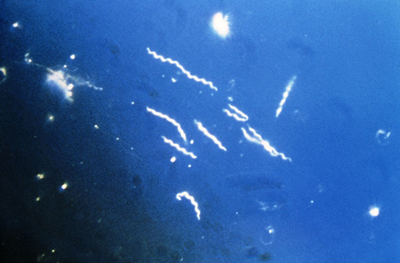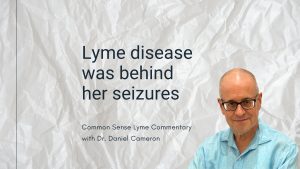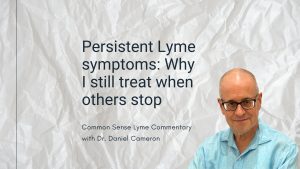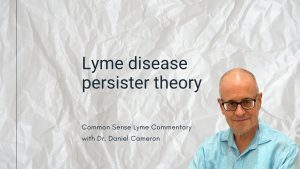Call for your appointment today 914-666-4665 | Mt. Kisco, New York

“It is common knowledge among veterinarians who practice in LD endemic areas that a significant percentage of dogs will develop repeated LD infections,” writes Khatchikian in the journal Infection and Immunity. [2]
“This phenomenon is well-documented in humans,” as well, explains Khatchikian. “In one study, 15% of patients with LD living in a Lyme endemic area developed 1 or more follow-up infections within five years.”
[bctt tweet=”Re-infection with the Lyme disease bacteria may trigger an immunity to that specific strain of Borrelia burgdorferi. ” username=”DrDanielCameron”]
“Many patients treated for early Lyme disease incur another infection in subsequent years, suggesting that previous exposure to Borrelia burgdorferi may not elicit a protective immune response,” Khatchikian writes.
“However, identical strains are almost never detected from patients who have been infected multiple times, suggesting that B. burgdorferi exposure may elicit strain-specific immunity.” [3]
Related Articles:
Diversity of Borrelia burgdorferi strains may explain treatment failures
Re-infection with different B. burgdorferi strain can cause a super-infection in mice
References:
- Izac JR, Marconi RT. Diversity of the Lyme Disease Spirochetes and its Influence on Immune Responses to Infection and Vaccination. Vet Clin North Am Small Anim Pract. 2019.
- Khatchikian CE, Nadelman RB, Nowakowski J, Schwartz I, Wormser GP, Brisson D. Evidence for strain-specific immunity in patients treated for early lyme disease. Infect Immun. 2014;82(4):1408-1413.
- Nowakowski J, Nadelman RB, Sell R, et al. Long-term follow-up of patients with culture-confirmed Lyme disease. Am J Med. 2003;115(2):91-96.




Got sicker after the second bite. Thought I was dieing.